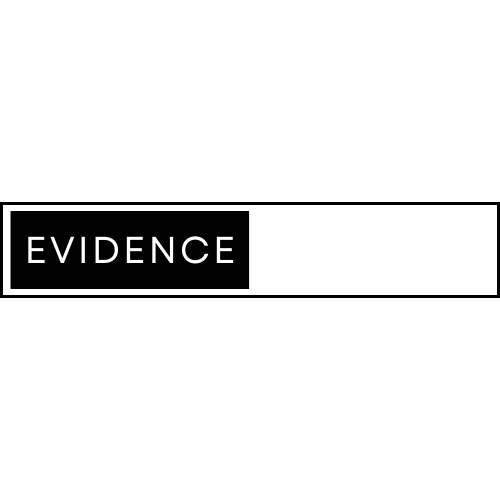Amy Nitza
As you likely know, the hard work and dedication of numerous members of our Division over a number of years resulted in the recognition of group as a specialty in 2018. This recognition represents a major advance in our field. At the same time, it has served to highlight important gaps in training to support the competent and effective practice of group psychotherapy. The tremendous work of the Group Specialty Council, led by Noelle Lefforge following the long-term leadership of Nina Brown, is actively working to close these gaps. As a division, we continue to support the Group Specialty Council in its crucial work, having committed ongoing financial resources to the effort, as well as having representation on the council itself.
Yet, as documented in two important articles published by members of our Division (Hahn, Paquin, Glean, McQuillan, & Hamilton, 2002; Whittingham, Lefforge, & Marmarosh; 2021), point out significant training gaps remain. So, while the work of the Group Specialty Council continues, there are several other important initiatives and efforts underway in our Division to continue to close these gaps.
Empirically supported group treatments website: We are in the process of developing a section of our Division website that will summarize and make accessible the substantial research evidence supporting the effectiveness of group psychotherapy in addressing a range of mental health problems. This important project, a collaboration with the American Group Psychotherapy Association, will provide essential support to the dissemination of research to inform training and practice at all levels.
Increasing group representation in leadership: At our most recent board meeting, we discussed the need for placing more Division members in leadership positions within APA. Doing so will increase the visibility and representation of group psychology and psychotherapy in key areas in which we are, or should be, stakeholders. Identifying key areas on which we want to focus these efforts, both within and outside of APA, and connecting with other divisions with similar interests to amplify our voices will also be key to this strategy. The more that our collective ‘group voice’ is heard around the table as decisions are being made, the more likely it will be that people will recognize its value. If there is a group-related area within APA or external to it that you would like to see us focus on, or if you would like to serve in one of these roles, please let us know!
Training and skill building opportunities: We continue to seek opportunities to share our expertise with psychologists both within and outside our Division. Our Diversity, Equity, Inclusion and Belonging Committee has developed some incredible training resources available on our YouTube channel. Now, having successfully applied to be a Continuing Education provider with APA, we are currently making our first CE training workshops available. We will also be putting our most popular skill building and how-to articles from past newsletters on the website to increase their accessibility.
What training needs do you have? What expertise do you have that we might help you make available within our Division and to those interested in learning more? As we continue to work to close the group training gap, we want to hear from you.
References
Hahn, A., Paquin, J. D., Glean, E., McQuillan, K., & Hamilton, D. (2022). Developing into a group therapist: An empirical investigation of expert group therapists’ training experiences. AmericanPsychologist, 77(5), 691-709. https://doi.org/10.1037/amp0000956
Whittingham, M., Lefforge, N. L., & Marmarosh, C. (2021).Group psychotherapy as a specialty: An inconvenient truth. American Journal of Psychotherapy, 74(2), 60 – 66. http://dx.doi.org.libdatabase.newpaltz.edu/10.1176/appi.psychotherapy.20200037

